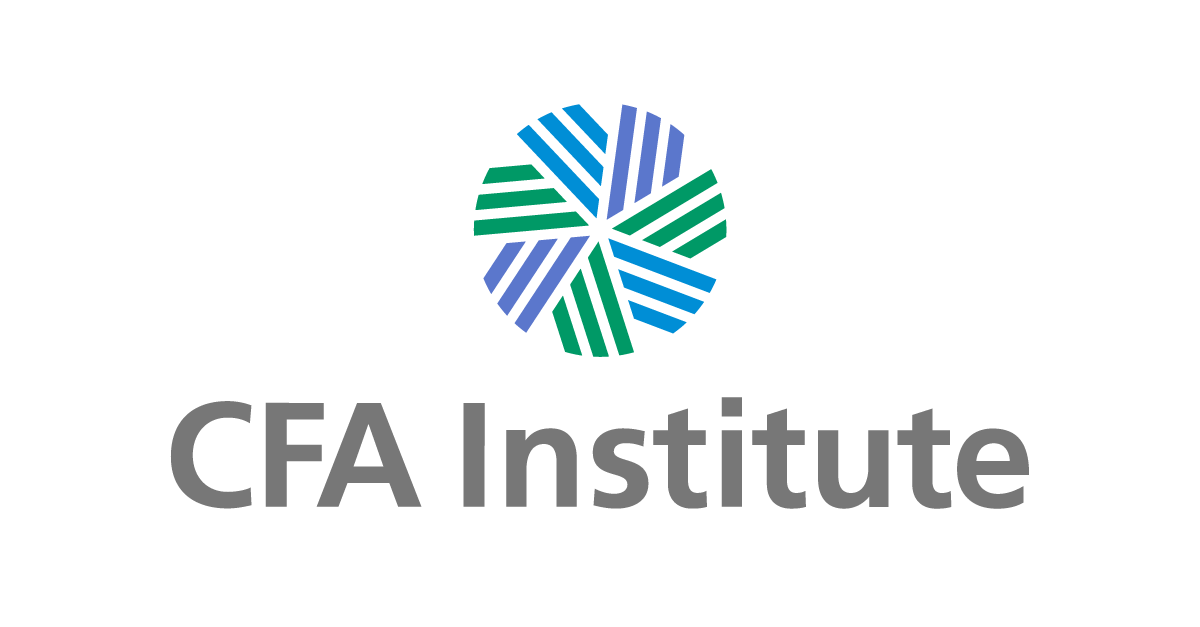CFA – A Career Guide
Why Should one go ahead with the CFA qualification?
The current Indian economic scenario is geared towards rapid development, the maturity of the financial services sector. With a scarcity of proper financial planning help, CFA certificate holders can enjoy all these benefits:
- Remuneration: Financial planning, strategy, and analysis is what every company looks for – with such high demand, CFAs are paid handsomely.
- Reputation: The exams are challenging and demand serious devotion because of the tough curriculum and course material. The qualifiers are considered to be apt for all finance-related matters and that’s the reason why they enjoy a distinct reputation across various industries.
- International acceptance: Since the course is duly accepted all around the world, the candidates have the choice to settle in a place of their choice.
- Diverse industry choice: Financial expertise is high on demand and that’s the reason why every industry type needs an expert advisor.
A CFA charter is considered a niche in the larger business world compared to the MBA, which addresses a broad array of topics with less depth. Getting your CFA charter allows you to gain analytical skills and expertise in quantitative methods, economics, financial reporting, investments analysis, and portfolio management. This set of skills and knowledge you will develop as you become a CFA charter holder will serve you well throughout your career.
NO COURSE GUARANTEES YOU A JOB
The CFA charter is a great thing to add to your CV to boost your finance credentials. But let’s just get one thing clear – nothing on your CV ‘gets you a job’.
Nothing you can put on paper is a sure-fire way of landing a job. Getting hired is a multi-stage process. Your CV and networking skills get you the interview, and the interview is what gets you the job. No amount of CV padding is going to replace interview skills so you need to address all steps to successfully score the job you want.
What the CFA program does is that it equips you with expert-level knowledge in Finance. As you may know, the CFA exams are tough to crack. And there’s a reason – the material is very thorough, extensive and constantly updated. Overall it is not that difficult to understand – it is retaining all the concepts all at once and applying them under a pressure situation that often proves to be challenging. This, however, increases the value of the charter holder as it is an indication of your solid financial knowledge and credential. The syllabus is also updated continually to account for recent innovations and events, so you’ll always be learning from the most recent experiences and discussions among industry experts. Additionally, gaining membership into the CFA society may end up being extremely beneficial as it also opens up new networking opportunities in the form of events and conferences organized specifically for charter holders.
Global Recognition
CFA is recognized in 130 countries, this opens the window to apply for jobs in almost every country. You can look for jobs abroad even after CFA Level 2. Furthermore, your CFA level-1 scores are admissible as a substitute for taking the GMAT in case of numerous Finance postgraduate programmes abroad such as the MFA program at London Business School.
Furthermore, the fact that you can pursue the course on a part-time basis is going to give you an advantage not only over your co-workers but also in any B-school applications in the future.
I feel that although the norm abroad might be different, in India the CFA is not generally a qualification that you can bank upon on its own and it needs to be accompanied with an additional post-graduate degree. Of course, many exceptions may exist as it is not degrees that have a scope, it is people and their passion that has the scope and a degree with no passion might take you nowhere. Which is why all the advantages of any qualification should never be the sole basis of pursuing it as we won’t be able to unlock any of those advantages if we don’t have an innate interest in the subject matter as well as the future job role.




Comments